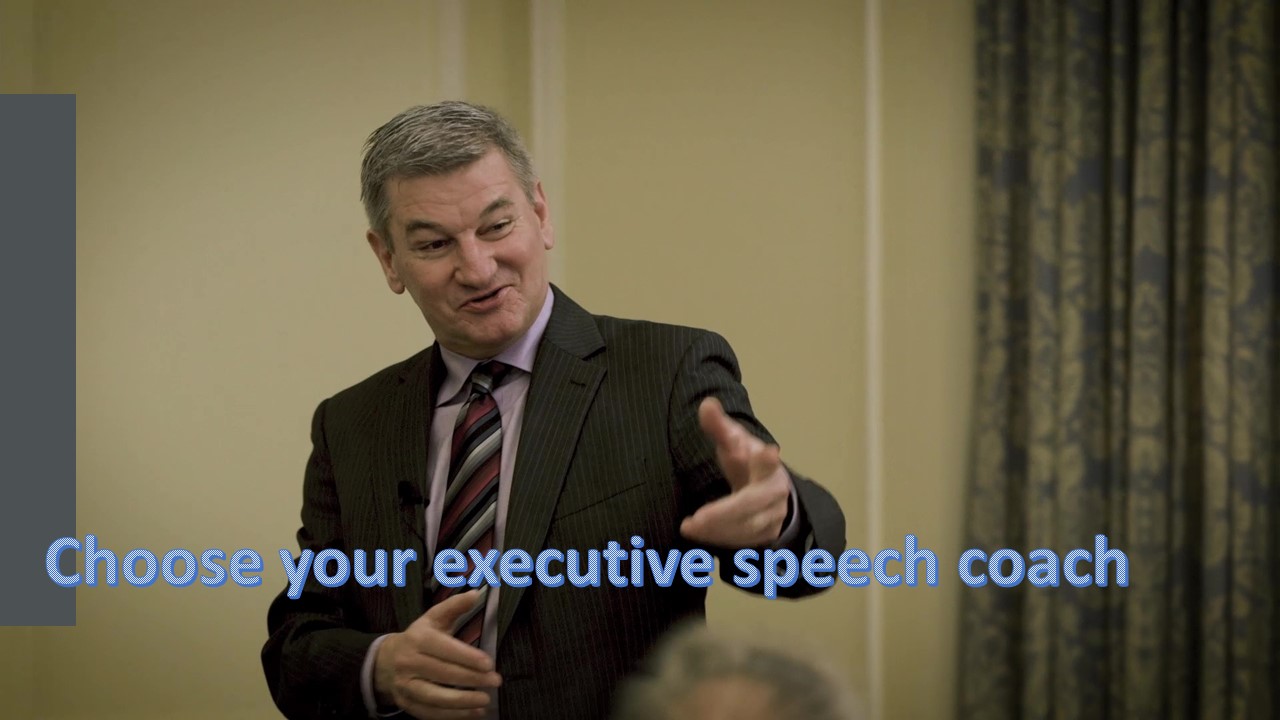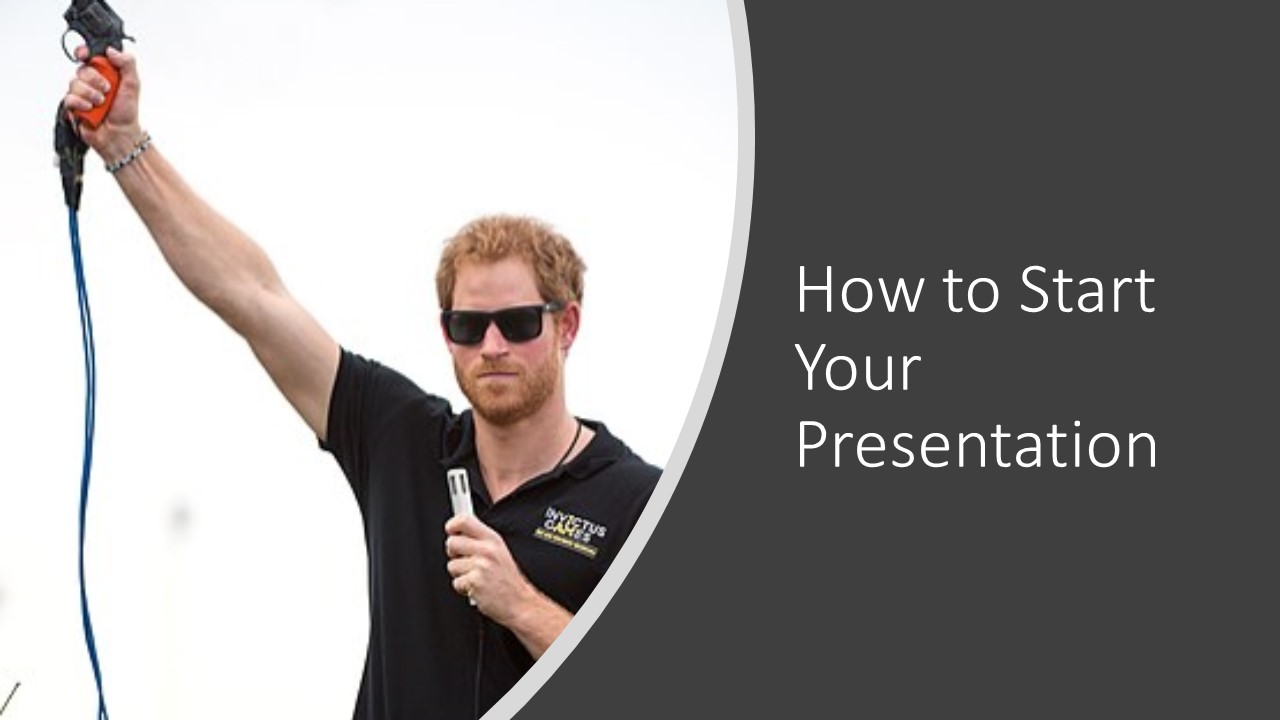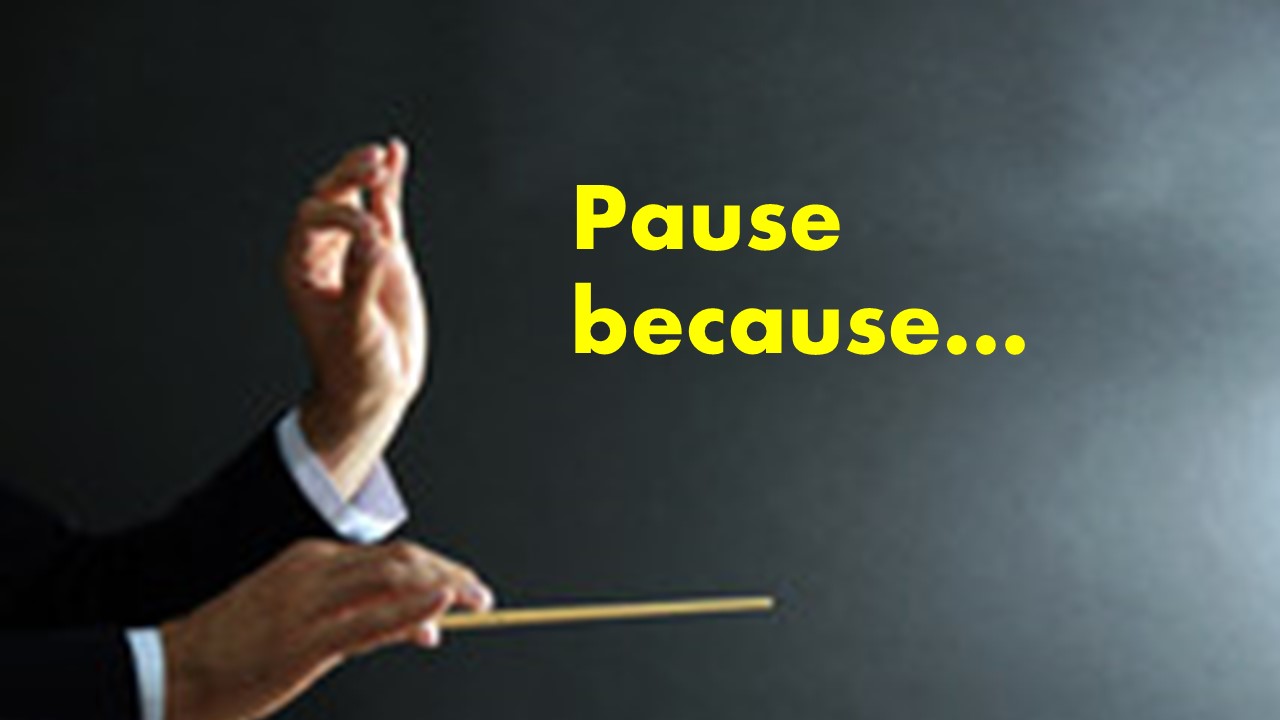If we are each blind to the other’s perspective we will never agree.
This ancient poem from John G. Saxe about the Six Blind Men Who Went to See the Elephant demonstrates the differences of perspectives and the challenge of understanding. When you read this poem, notice the perspective and certainly of each blind man. Consider that there are times that we might be blind to other perspectives.










